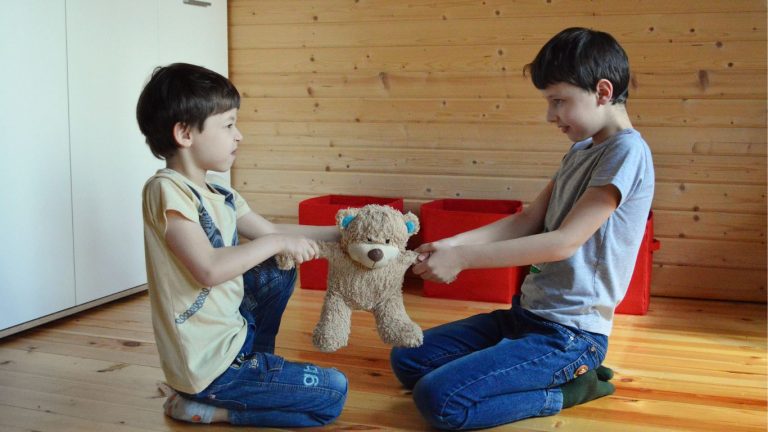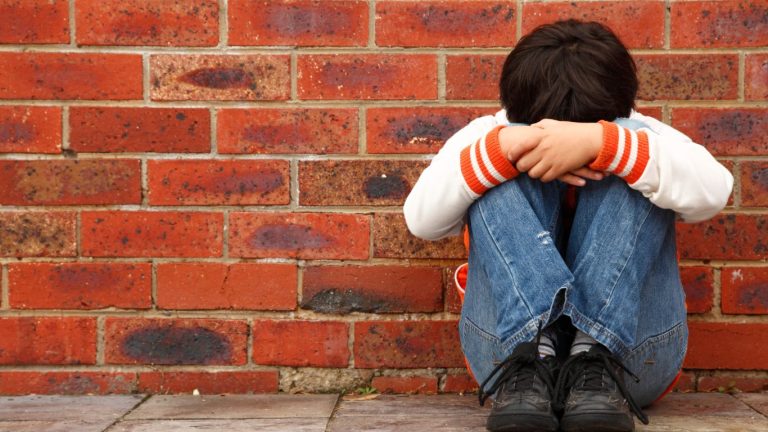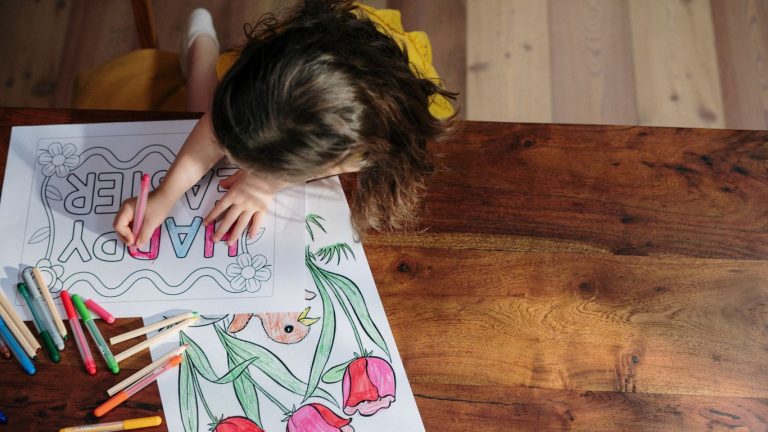As the first term closes, many schools have either already held their first parent teacher meetings, or will be indicating their availability for these meetings early in Term 2. For many of us, the way these meetings are now run will be vastly different to when our parents attended interviews about us as students.
Three-way parent teacher (and child) meetings
Most primary schools now have the expectation that the meeting will be a three-way structure. In other words, your child will attend the interview and play an active role in the meeting, depending on their age. They will share with you several pieces of work they are most proud of, and explain what they have learned up until this point in the school year. The teacher will build on this, explain or prompt when necessary (again, age dependant) but the lead communicator throughout will be your child.
What is the purpose of a parent teacher meeting?
The purpose of this format is to encourage your child to be an active participant in their learning. That they can explain what they have learned and what they feel they have done well. The benefits of this for our children result from the opportunity to celebrate their learning steps with their loved ones. Learning is about enjoyment, fun and success. This is the intent of the three-way structure of parent interviews.
Because the purpose of these interviews is about success and celebration, many schools offer parents the opportunity to discuss any concerns held in a more private conversation, away from children’s ears. It is important that parents with issues to raise, such as concerns around academic levels, social interaction, behaviour etc, do so when the child not in the room. If this is not possible, then it is important to indicate to the teacher that a separate meeting needs to be held to air these concerns. children need to feel they have both a teacher and parents who are part of their ‘team’, there to support and guide them in having success at school.
Find out what can your child do
So what should parents expect to take away from a parent-teacher meeting? Firstly, it should be clearly explained what your child can currently do. In particular, what skills they have in reading, writing and numeracy. Other curriculum areas, such as science, arts, PE, music and so on, may also be covered, dependant on the school’s foci. These might also be referred to as the class ‘Inquiry’ focus.
Knowing your child’s ‘next steps’
Secondly, it should be clear to you what the ‘next steps’ will be for your child’s learning. Combined with this, is often a suggestion from the teacher about how you can support these next steps at home. This part is crucial. It is important for parents to understand that school isn’t the only setting in which children learn. Home is an equal partner in a child’s education, and can play a powerful role in supporting the learning occurring at school. If your child’s teacher does not share how you can provide this support at home, don’t be afraid to ask! Teachers welcome any support from parents, and will be only too happy to provide you with information about how you can support your child’s next steps on their learning pathway.
What if you run out of time at your parent teacher meeting?
If you find your interview is just about out of time, and you don’t feel you have an accurate idea as to your child’s learning at school, try to have a few general questions up your sleeve. These could include: “Is my child a good listener?”; “What can I do to help with reading at home?”; “Do you have any recommendations for maths games I could use?”; and “Does my child appear to be happy at school?”
You are your child’s advocate
As parents, we need to walk away from these parent teacher meetings with a clear picture of how our child is as a learner at school, and how we can support them outside school hours. We need to feel our child’s teacher has a good understanding of our child, their individuality, personality, strengths and areas of need. When we have this understanding, we are working in partnership with our child’s school, and this can only serve to increase the likelihood for our child’s education success.






